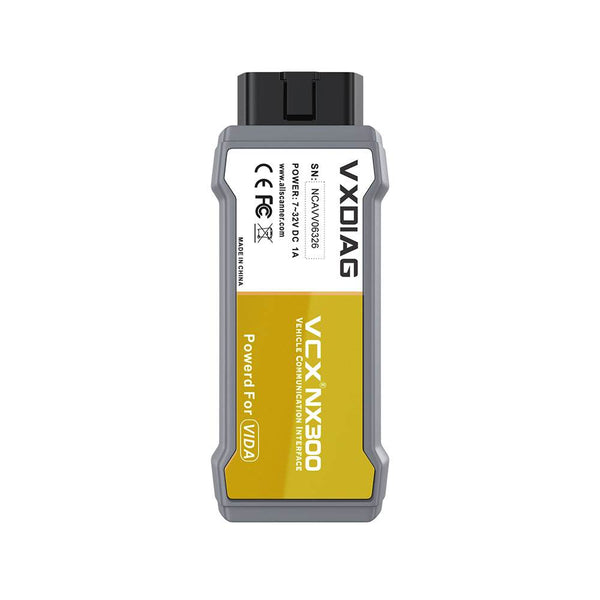Recently, I used the VXDIAG VCX Nano to diagnose a low signal issue in the fuel pressure system on my vehicle. Here’s a record of what I encountered and how I resolved it, which I hope will be helpful to others.
Problem Description
In the morning, I plugged the VXDIAG VCX Nano into my car and enabled the ability to roll down the windows with my key. Later, when I was about to go out, I noticed that the car started normally, but the engine sounded like it wanted to stall. The engine light came on, so I immediately checked it with the diagnostic tool.
Product DisplayThe car started without issues and cranked quickly. However, it idled fine for about five seconds before it began to stall. When I pressed the accelerator, the engine would gain power but still seemed at risk of stalling. This made me quite anxious, and I began to wonder whether it was my fault or if the sensor was simply failing.
Further Investigation
I called the Volvo dealer, who informed me that my actions could not have caused the sensor failure. They advised me to check the fuel pressure, which was about 140 kPa at idle when it should be over 400 kPa. Additionally, I noticed a smell of gasoline inside the car, which was unusual for me.
Ultimately, I found that the car could no longer start and suspected that the fuel pump might be the issue.
Solution
A fellow car owner shared his experience with a similar issue on a 2004 S40 T5. He suggested letting the car sit for several hours or overnight and then trying to start it again. After a while, the vehicle would start again.
After further inspection, I decided to replace the fuel pressure sensor (FPS). The replacement process was simple, taking about 10 to 15 minutes, and ultimately resolved the issue.
Conclusion
Through this experience, I realized the importance of the fuel pressure sensor and the necessity of using diagnostic tools promptly. I hope this blog can help other car owners identify and resolve similar issues in a timely manner.









